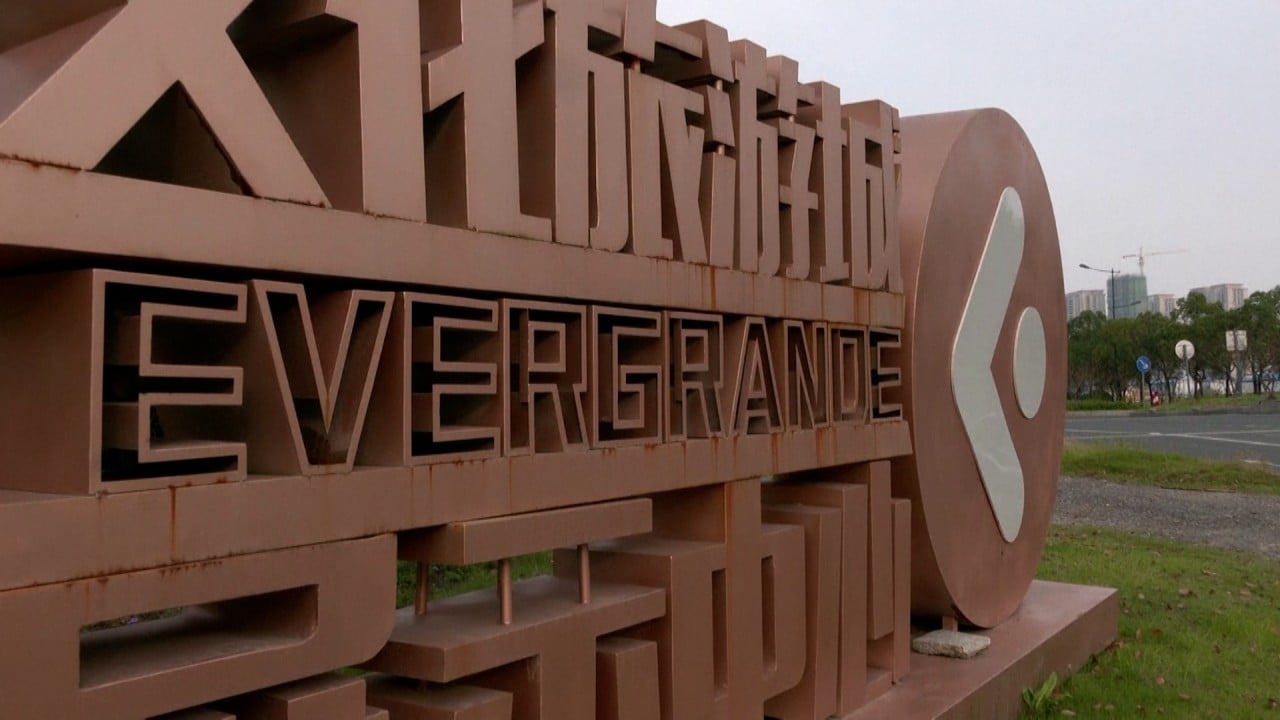
Debt-stricken Fantasia becomes first Chinese developer to face a wind-up petition, possible liquidation
- Fantasia said a major subsidiary was facing a wind-up petition filed by creditors, which could force the debt-ridden developer into insolvency
- It is the first time that a wind-up petition related to offshore debts has been filed against a mainland developer or its subsidiaries
The Shenzhen-based developer said in a stock exchange filing on Thursday evening that the petition was related to a US$149 million loan of which Fantasia Investment Holdings was a guarantor.
“The company will seek legal advice to protect its legal rights and interests and take all necessary measures including maintaining a constructive dialogue with the petitioner to address the matter,” Fantasia said in the filing to the Hong Kong stock exchange. “Further announcement will be made by the Company as and when appropriate.”
It did not reveal the names of the creditors that filed the petition.
A wind-up petition seeks to persuade the courts to force a debtor to liquidate its assets for the repayment of loans and is usually a last resort after other avenues have been exhausted.
Shares of Fantasia fell 4.4 cent in morning trading on Friday to 32.5 HK cents (5 US cents).
Fantasia, a builder of high-end residential projects and luxury apartments in mainland cities like Beijing and Wuhan, was founded in 1996 by Zeng Jie, the niece of former vice-president Zeng Qinghong.
Last month, it failed to repay a US$205.7 million bond due on October 4, and the company said there was no guarantee that it would be able to meet its other financial obligations.
Fantasia is one of at least six Chinese developers struggling with vast debt that have either defaulted or asked investors to wait longer for repayment.
The company is also grappling with a sharp fall in sales.
Last week, it said sales of housing contracts for October were down 62 per cent from a year ago at 2.11 billion yuan.
The company reported a profit of 302.9 million yuan for the first half of 2021, up 9.5 per cent on the year.
As of June 30, it had current liabilities – those that have to be repaid within a year – of nearly 50 billion yuan, including 8.5 billion yuan in borrowings and nearly 11 billion yuan in senior notes and bonds.
Beijing has tightened the screws on leverage to control financial risks since last year, dealing a heavy blow to the property sector, a key pillar of the country’s economy contributing about a fifth of gross domestic product.


